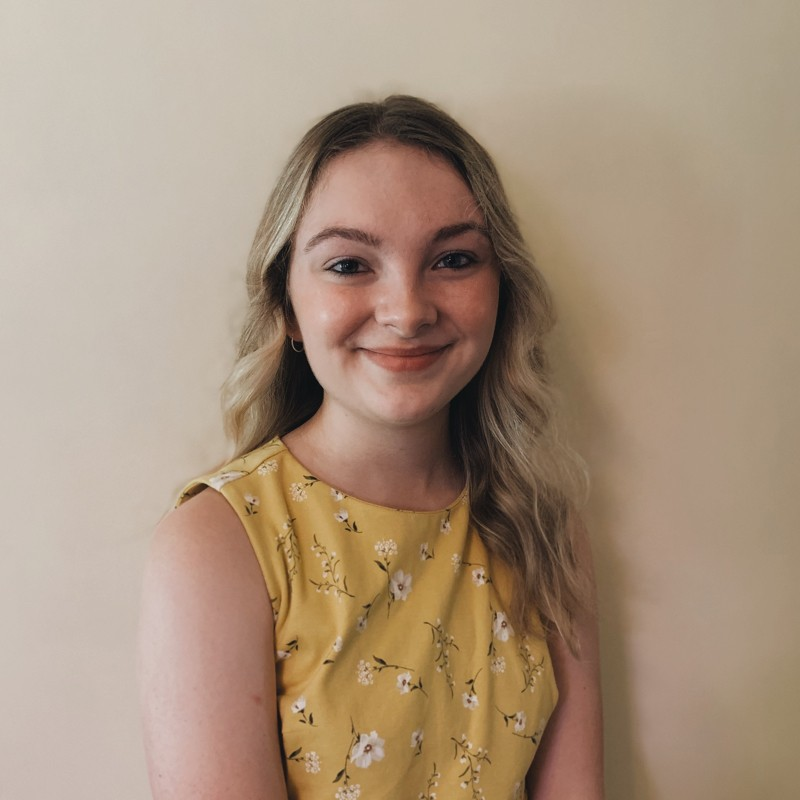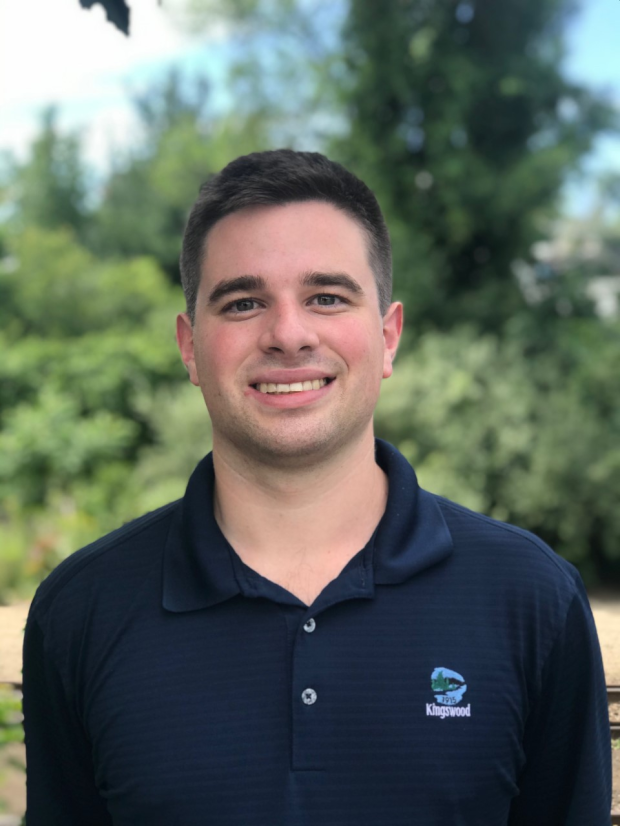
The History Department was gratified to learn that History major Diego Benites ’25 was elected Vice President of the Student Government Association at Saint Anselm College. The department is eager to point out that it recognized Benites’ greatness early, having hired him as a department assistant in the fall of 2022. But never mind. One Thing after Another wanted to interview Benites while his election victory was still hot news.
Q: How did you get interested in college politics and student government?
A: That’s actually a rather funny story. Going into my freshman year, I had no intention of being involved with student government. My high school passion was theater. I was part of numerous productions in high school where I worked backstage and onstage. When I first arrived on the Hilltop, I wanted to act, so I auditioned for the Abbey Players’ fall play. Unfortunately, I didn’t make the cut, and I was left with an abundance of time with nothing to do.
After that lost opportunity, I started to look for new ways to occupy my time, and it didn’t take me long before I found one. One day, I was in the coffee shop, and I ran into a friend of mine who had just won his race for the student senate. He invited me to have dinner with him and some others who had been recently elected. All of them began to talk about what they hoped to accomplish this year in student government. I was immediately enthused, and I had a desire to join them. That is when they mentioned that there was going to be a special election for the student senate coming up. Right after dinner, I emailed the SGA asking if I could run in this election, and they said yes. I didn’t think I would win, but I thought I would give it a shot.
Much to my surprise, I did win my race, and I found myself being sworn in as a class of 2025 Senator. It took me a while to find my footing in the senate. Once I did so, I began to fall in love with the organization. It has been a great honor to represent students, to serve them, and to act on their behalf.
Q: What exactly is the job of the Vice President of the Student Government Association at Saint Anselm College?
A: There are many aspects to being the Vice President of the Student Government Association. The most important one is representing the student body’s interest. This means listening to the concerns of students and bringing these concerns to the administration, faculty, and/or staff. This entails remaining in constant communication with various departments on campus and constantly taking the pulse of the student body. As the Vice President, I will also be the President of the Student Senate. I will ensure the Senate is running effectively and efficiently. Although this does seem like a daunting task to undertake, I have been privileged to witness two past Vice Presidents doing the job. I will use them as examples to assist me throughout my tenure as Vice President.
Q: Has your experience as a History major or your overall interest in history informed your political stances on campus or the way you operate politically?
A: My experience as a History major has allowed me to view problems with a wider lens while formulating and articulating my ideas well. In my previous role as the SGA Secretary of Internal Procedures, I was tasked with interpreting and enforcing our Constitution. As a History major, I gained the skill of reading documents and using them to form arguments. I ran across numerous instances in this role where I had to refer to the Constitution to figure out how to handle a situation. I don’t think I would’ve been able to do this so well if I wasn’t a History major. Being able to read and interpret texts is not the only relevant skill I learned as a History major. Studying history has taught me to be aware of past precedent and to understand how my actions can have future ramifications. In my History classes, I learned about people who either went along with the current precedent or worked to establish a new one. While in student government, I take this into account before I act. I try my best to leave some record of my reasoning behind so my successors will understand my thinking.
Q: On numerous occasions, we have discussed your home town of Tyngsboro, MA. What is Tyngsboro’s best kept secret?
A: I would say the best kept secret of Tyngsboro, MA is Tyngsboro Community Theatre. I have the privilege of serving on its board as the secretary. Our president is also a Saint Anselm History alum, Ryan McDonough. We are currently starting the audition process of our summer show, Suessical. I encourage everyone to come see it!








